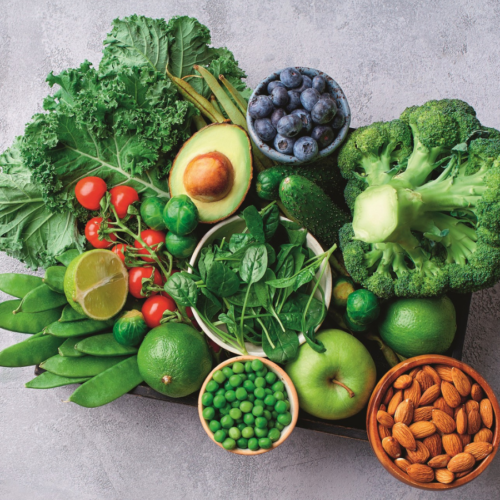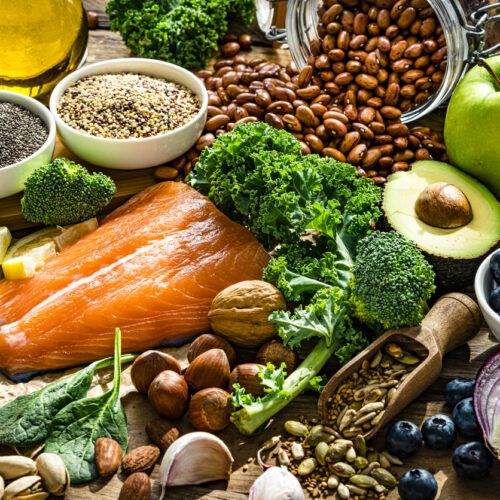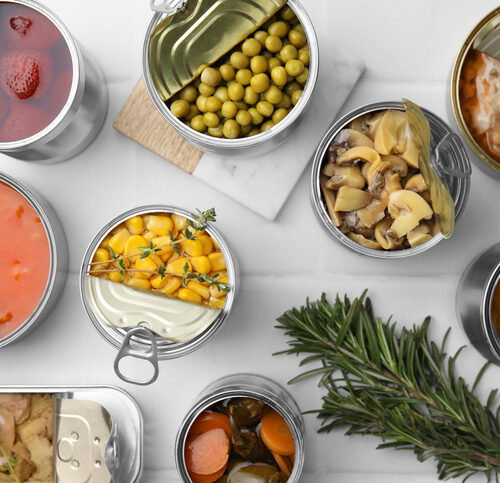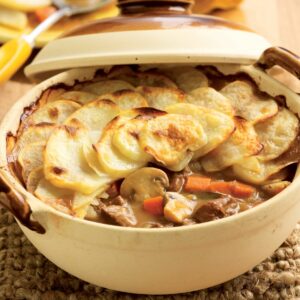
Label-reading tips and some examples to help you choose nut spreads for your family.
What makes a nut spread healthy?
Peanut butter is made by roasting peanuts and grinding them into a paste, sometimes with added oil. Whether the paste is smooth or crunchy does not affect its nutritional content. As well as unsaturated fats, nut spreads provide small amounts of protein, fibre, niacin and vitamin E.
Energy and fat
Peanuts, almonds and cashews are all around 50% fat, but it’s mainly unsaturated fats, which are good for you, so don’t let that put you off. The high fat content does make these spreads energy-dense – 1 rounded tablespoon provides between 470-530kJ, which is about the same as a lower-energy muesli bar.
Reduced-fat peanut butter is made using less peanuts and other ingredients are added, including sugar. Considering we’re talking about good fats here, you’re probably better off just using the normal version.
Sodium
A 20g serve (about 1 tablespoon) of regular peanut butter has around 80mg of sodium. It’s suggested we limit our intake to 1600mg a day, so this may not seem a lot. However, most people consume well in excess of the 1600mg, so it may be worth making small savings where you can. Try a no-salt version and give your taste buds time to adjust.
Sugar
Apart from Nutella, which is 55% sugar by weight, the only spreads we tried with added sugar were the Kraft peanut butters. A 20g serve of the standard Kraft product has 1.6g sugars (nearly ½ teaspoon) and for the light variant it’s 2.7g (around 2-3 teaspoons). It’s not a lot, but again it all adds up, and it also gets us used to sweeter foods when many of us need to reduce the amount of added sugar in our diets. A 20g serve of Nutella has around 2½ teaspoons of sugar.
The bottom line
We recommend that you compare the nutrition information and ingredients listings when choosing a product. The Heart Foundation tick is another useful guide – the tick on peanut butter means it has no added sodium, virtually no trans fat, and less than 9g of saturated fat per 100g.
www.healthyfood.com










